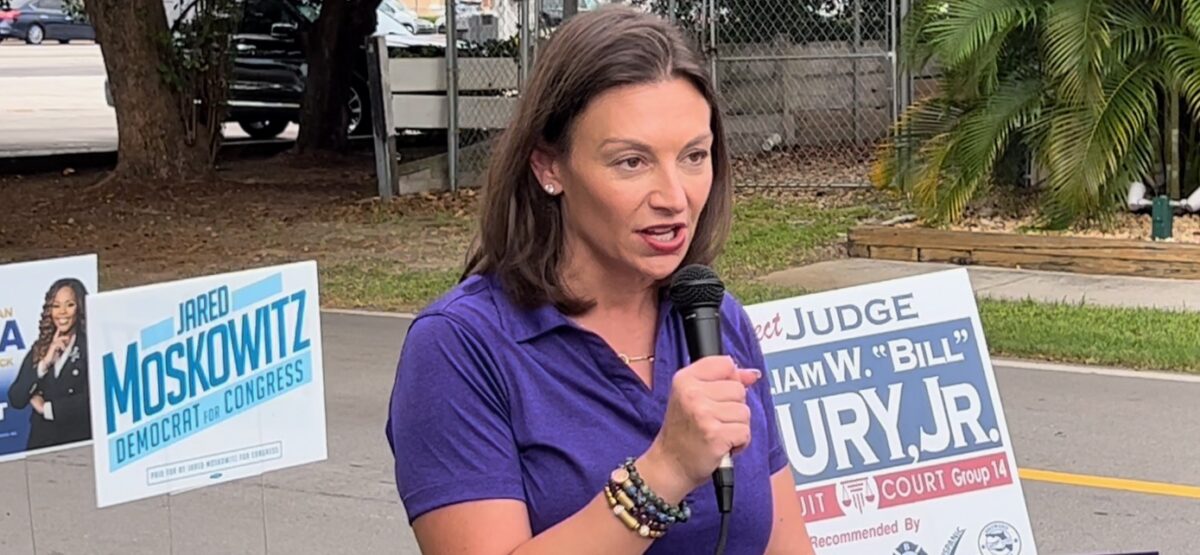TALLAHASSEE, FL—Florida is one step closer to adopting the Hope Card Program, designed to protect further and assist victims of domestic violence. Hope Cards provide easy-access information about any court protective orders that have been obtained, increasing speed and security for victims and officers alike.
"This card includes information about the respondent, streamlining access to vital protective order details," Senate Minority Leader Lauren Book, the sponsor of SB 86, said Thursday afternoon. "The Hope Card Program provides an immediate resource for individuals navigating the complexities of protective orders, offering a level of security and empowerment that goes beyond legal documentation,"
A protective court order, or restraining order, is typically lengthy and must be kept on hand for an officer to be able to make a speedy arrest. State Attorney Stefanie Newman, the head of Broward County's domestic violence unit, explained the difficulties of this arrangement, saying, “Typically, when you have an injunction for protection, you have to carry around that certified document from the court, which can be 9-10 to 12 pages, which you always have to have with you because if there’s a violation and you call the police, they need to know the case number,” She said.
“They need to know the judge. They need a lot of information from that document to verify to make an arrest.”
Hope cards would have all necessary information either printed on a "durable, laminated wallet-sized card issued by the Clerk of Courts," or digitally, allowing quick and easy access to pertinent case details. It would also include the phone number of the statewide domestic violence hotline.
According to the National Coalition Against Domestic Violence, Florida saw 105,298 reported domestic violence incidents in 2019, with an estimated 37.9% of Florida women and 29.3% of Florida men expected to experience some sort of intimate violence in their lifetimes.
Florida, New York, and Washington are all considering the Hope Card Program this year. If made into law, they would join eight states that have already adopted the program.
After passing Thursday's Senate Appropriations Committee on Criminal and Civil Justice, SB 86 has only one committee stop left before the Senate Floor. Its House companion must also complete one final committee stop before reaching the Floor.






